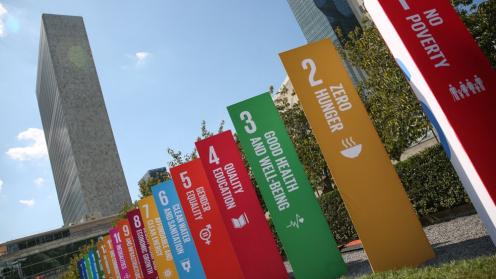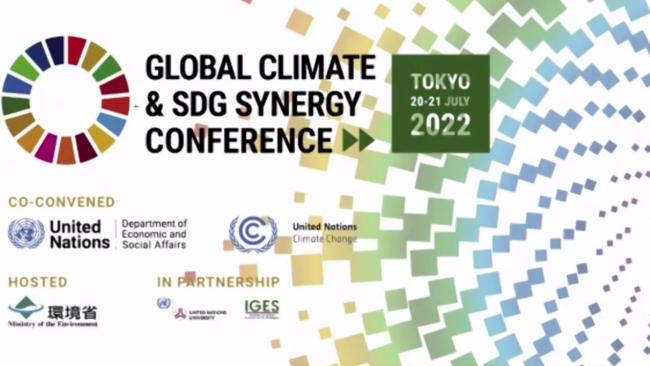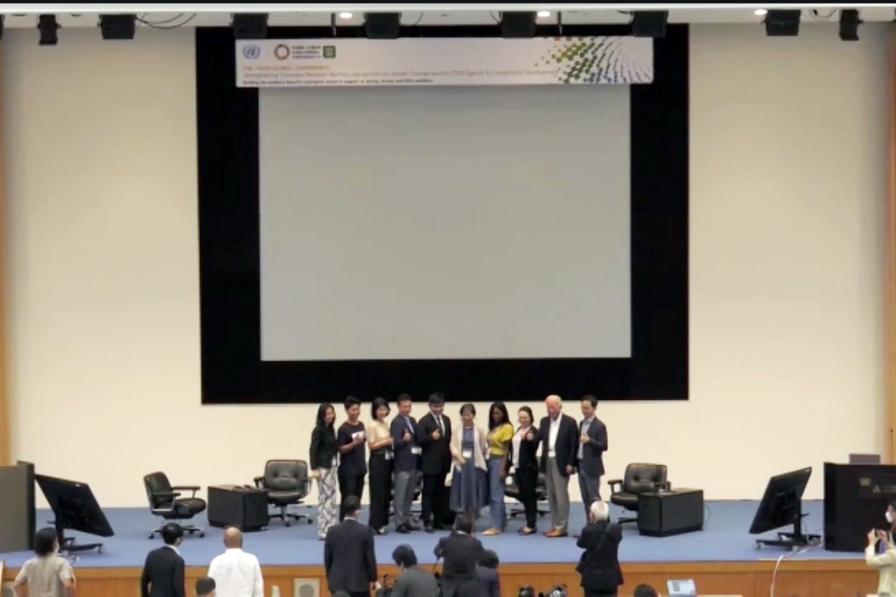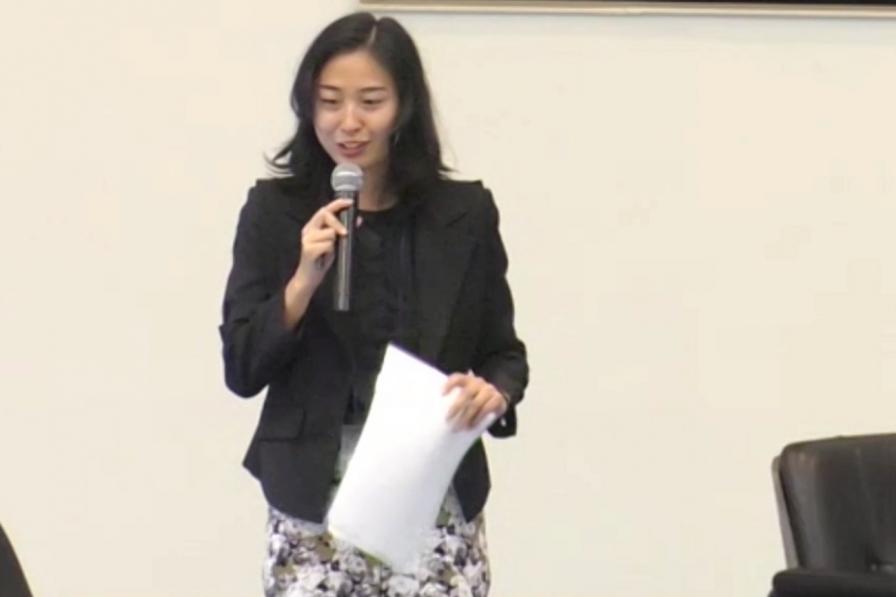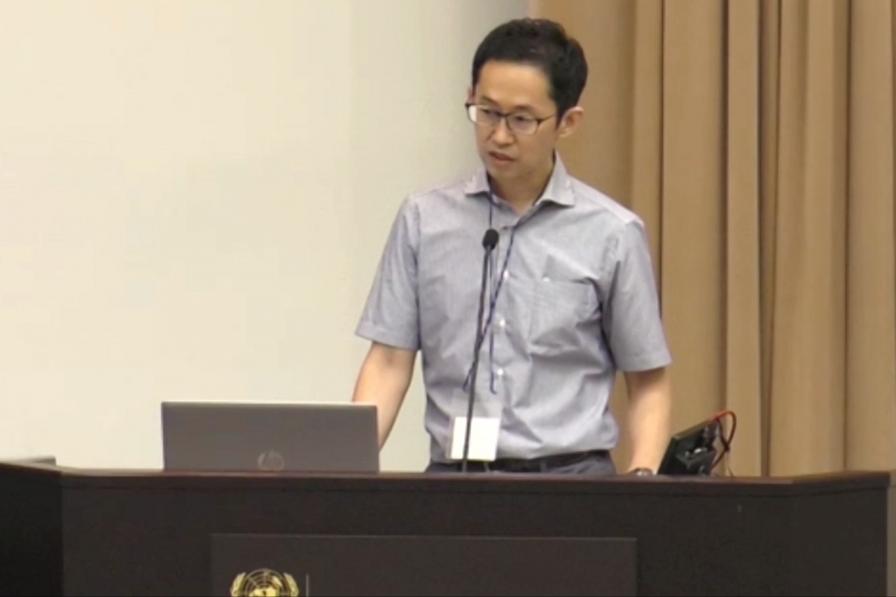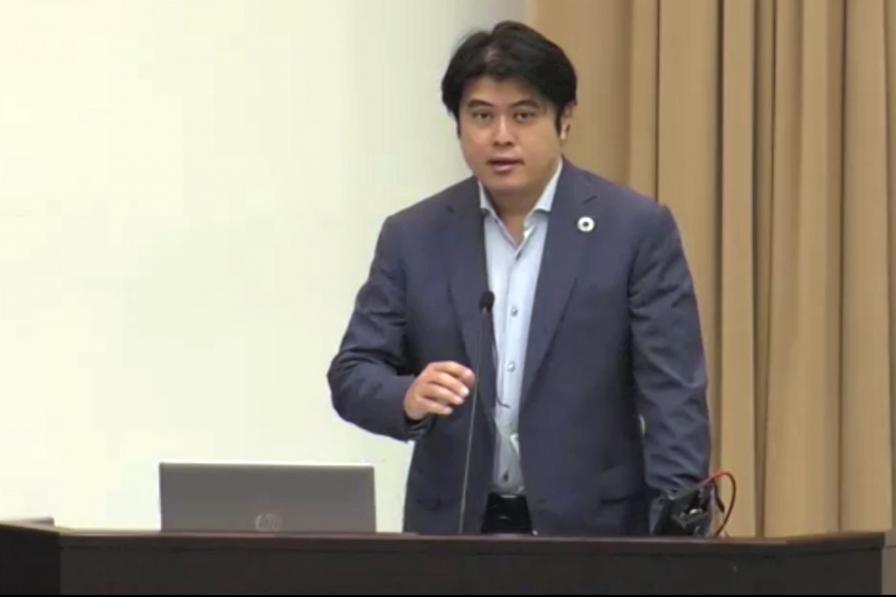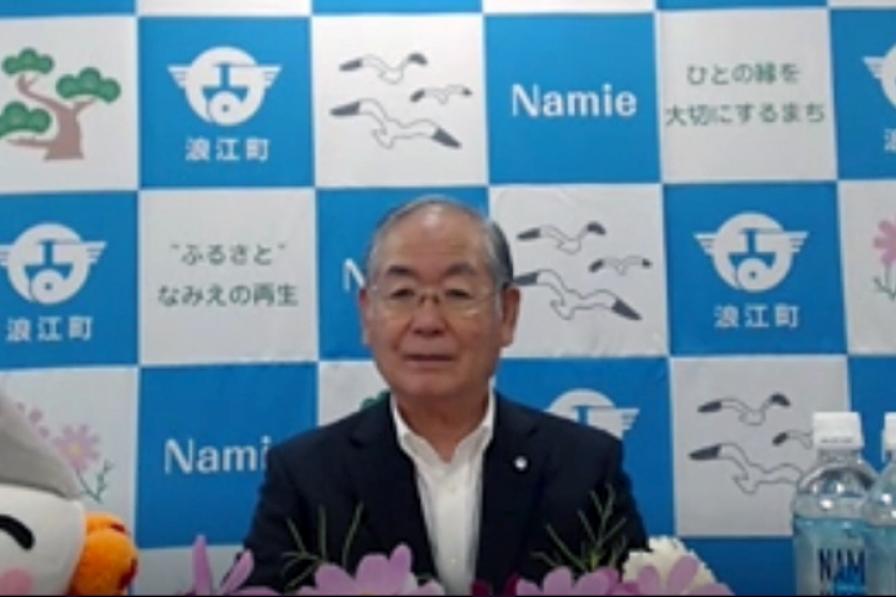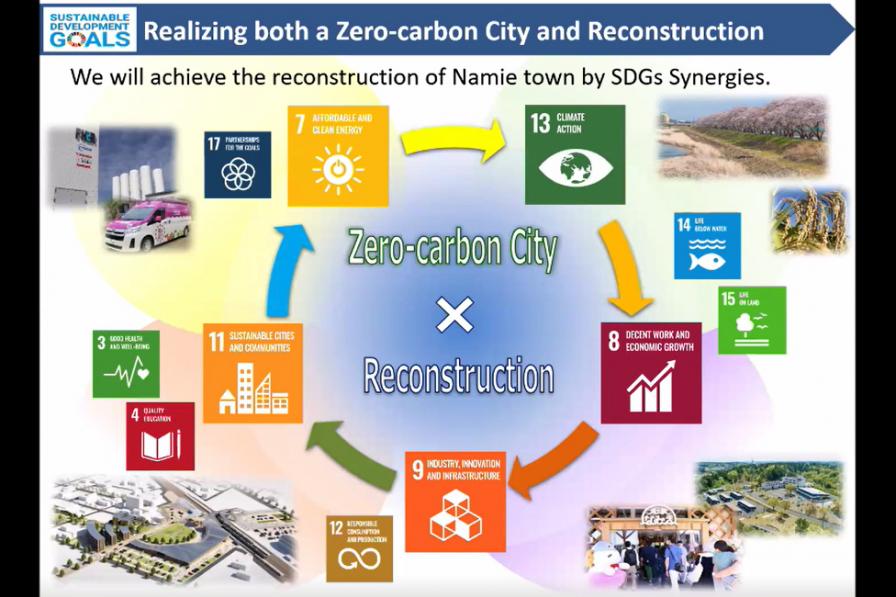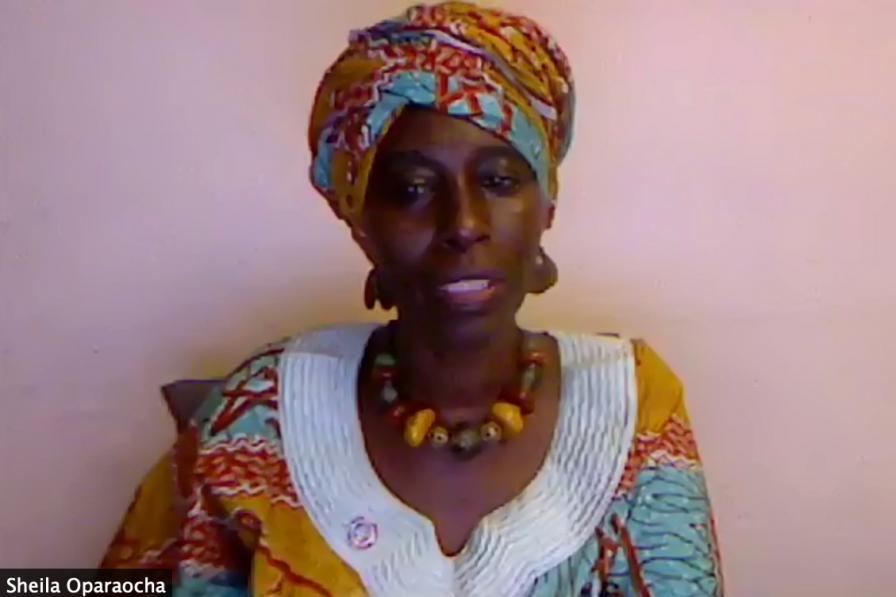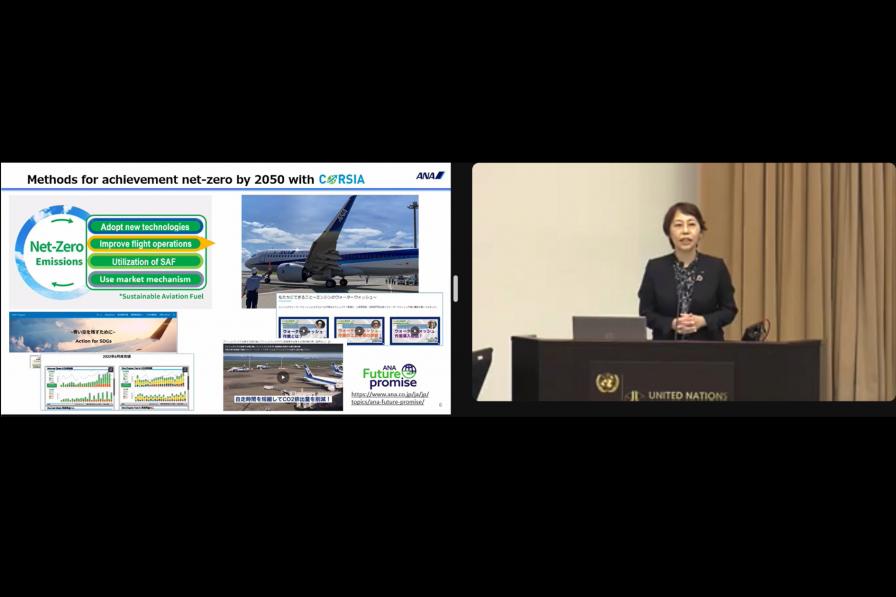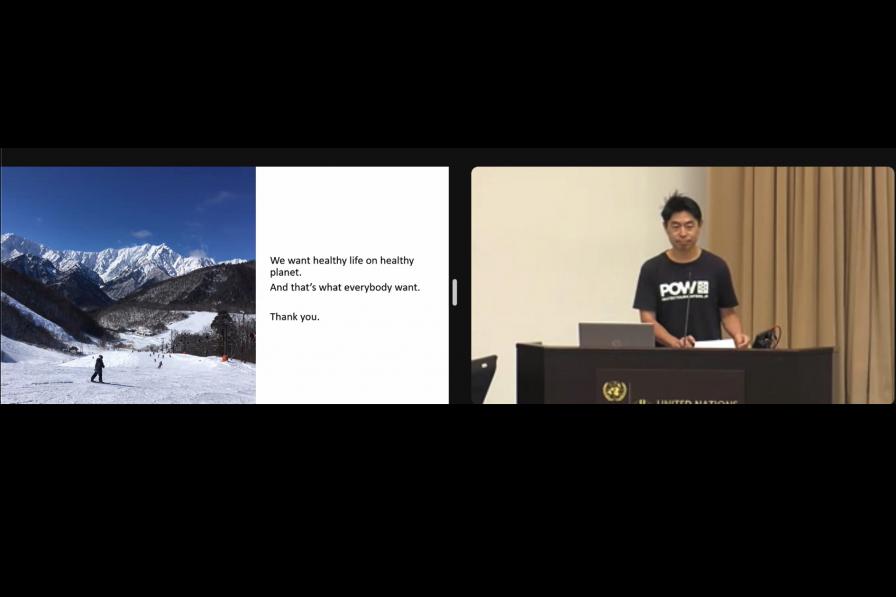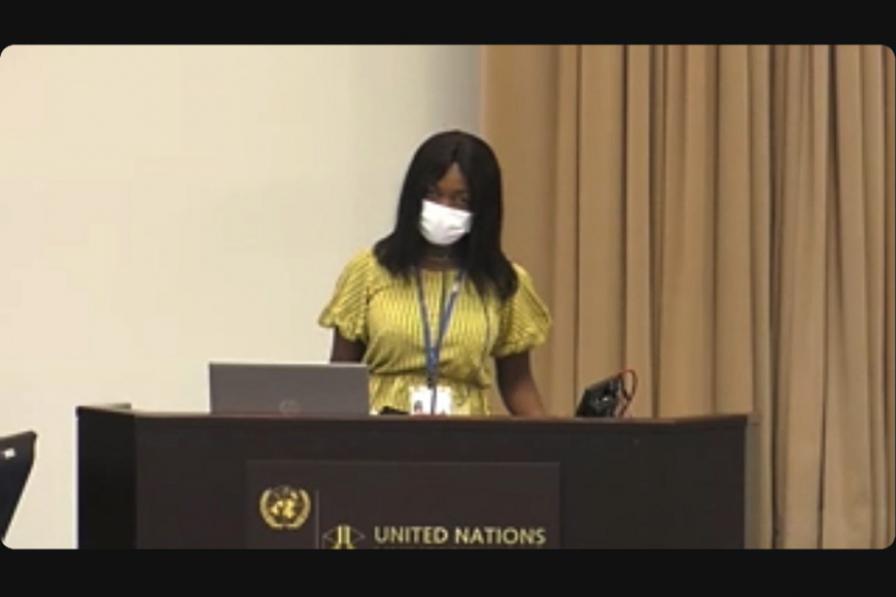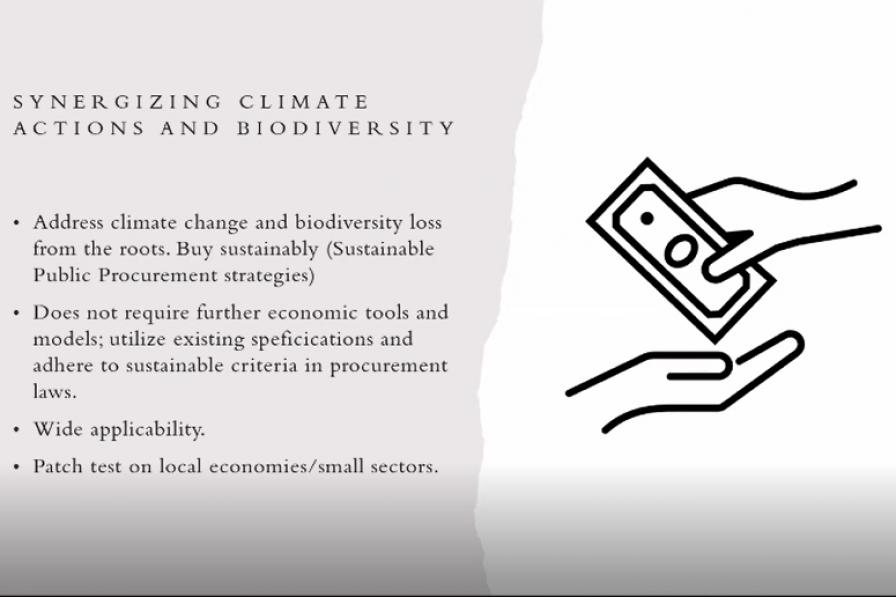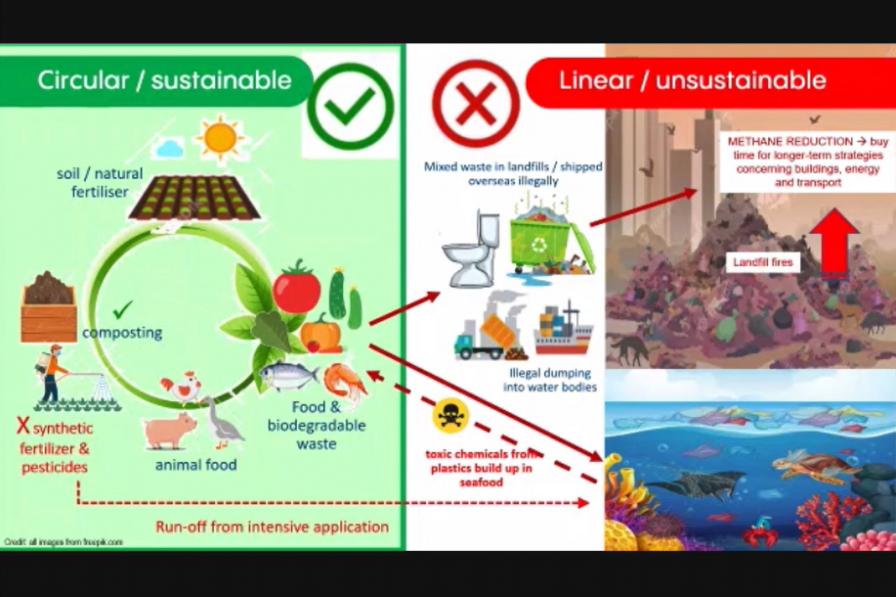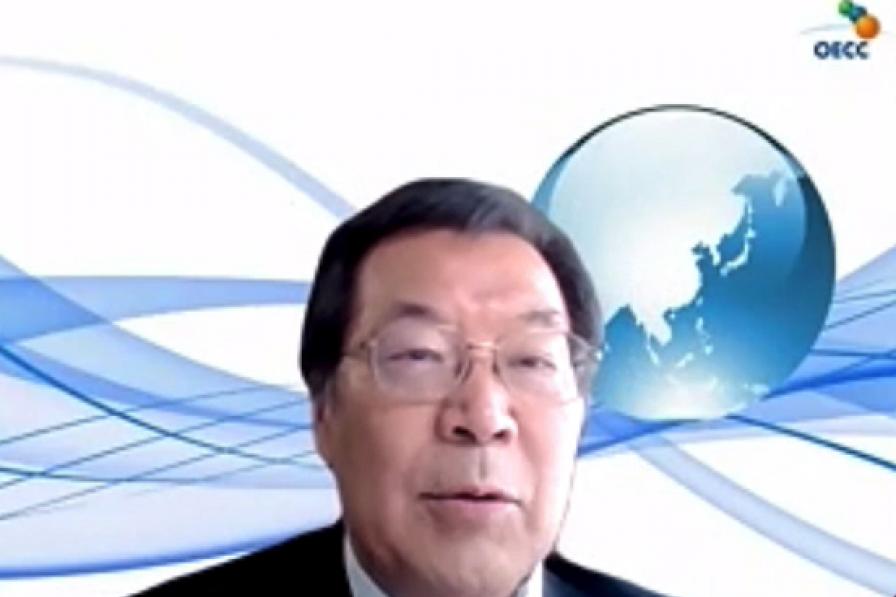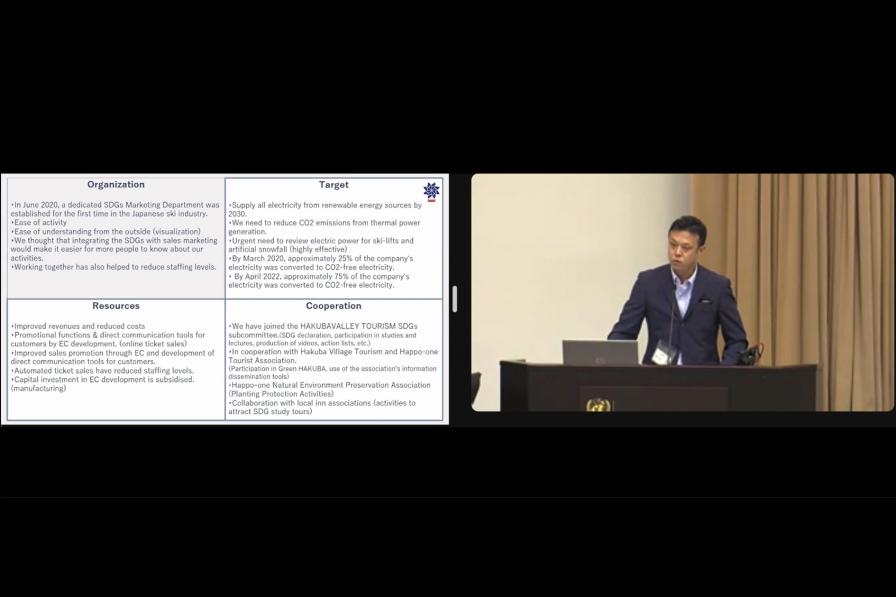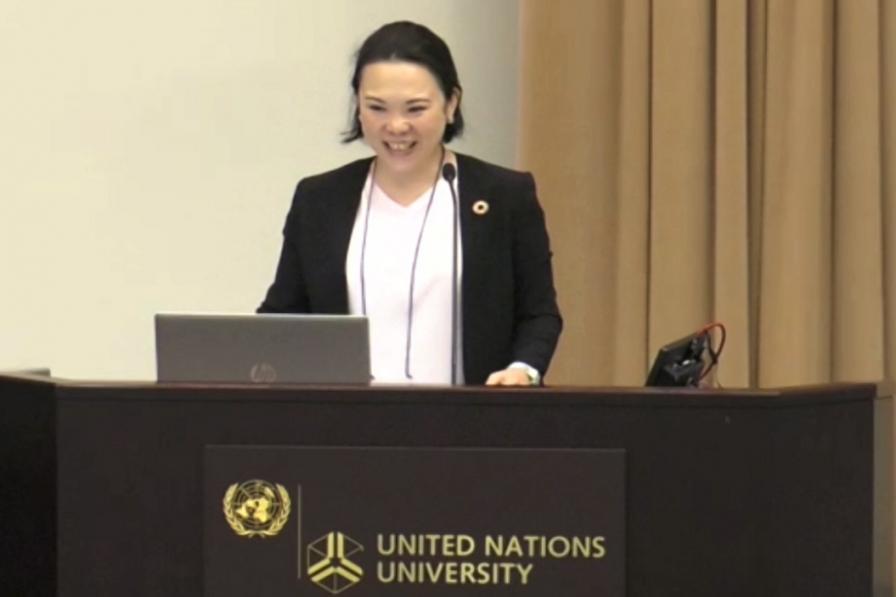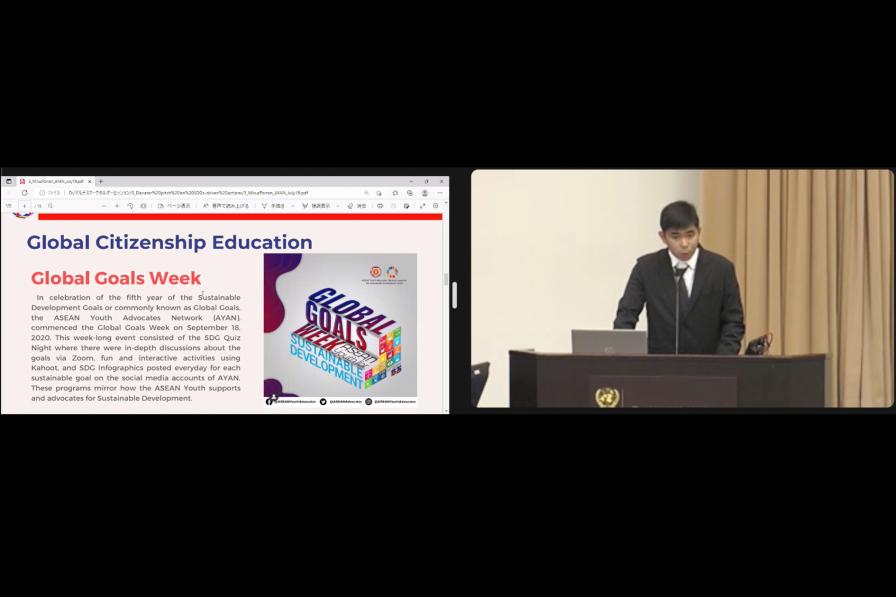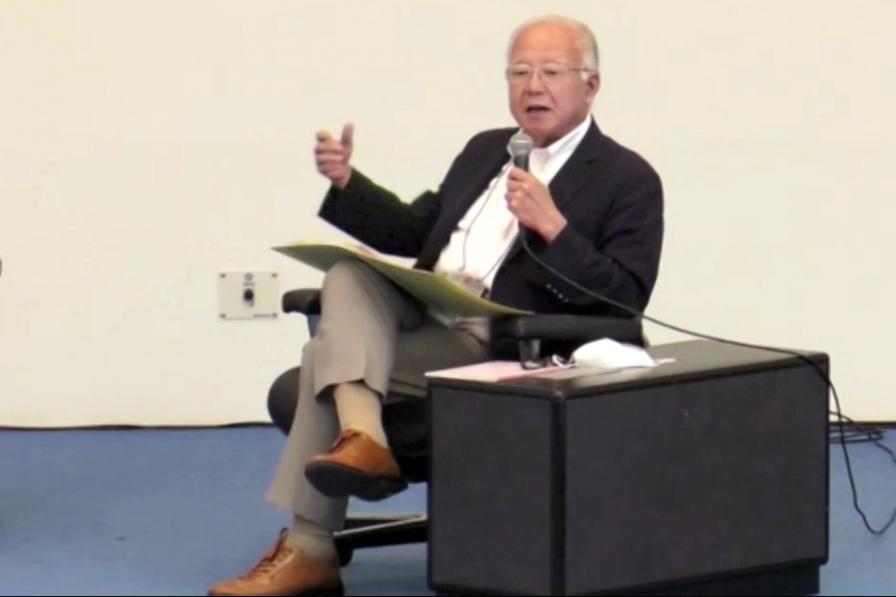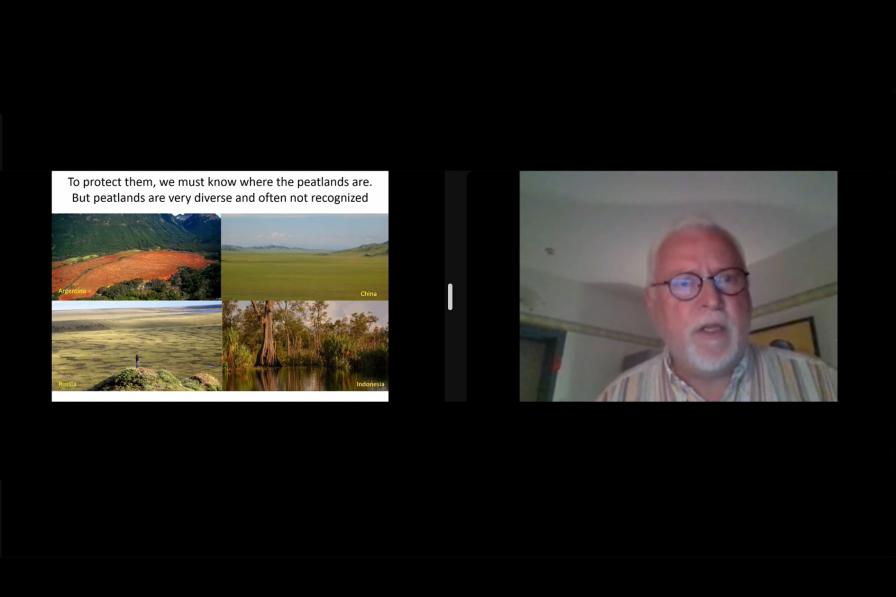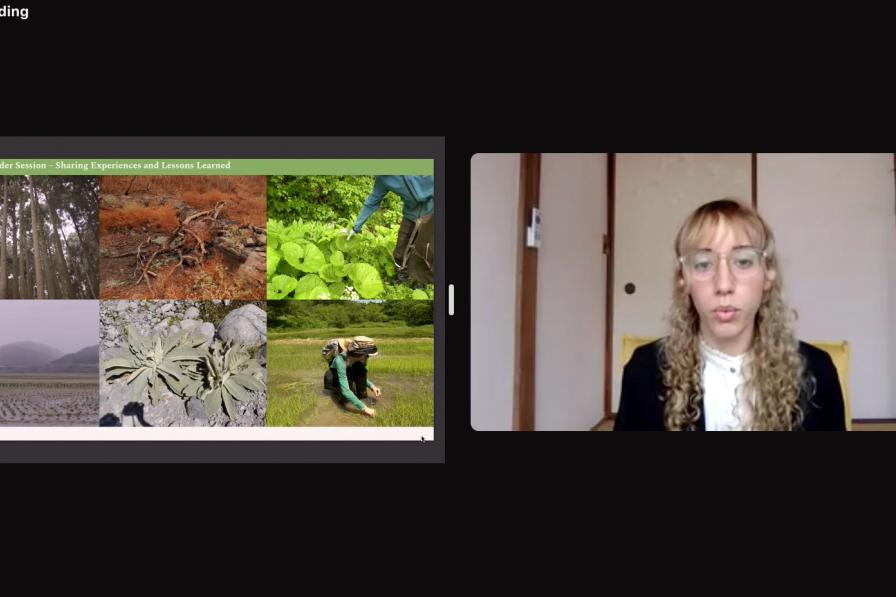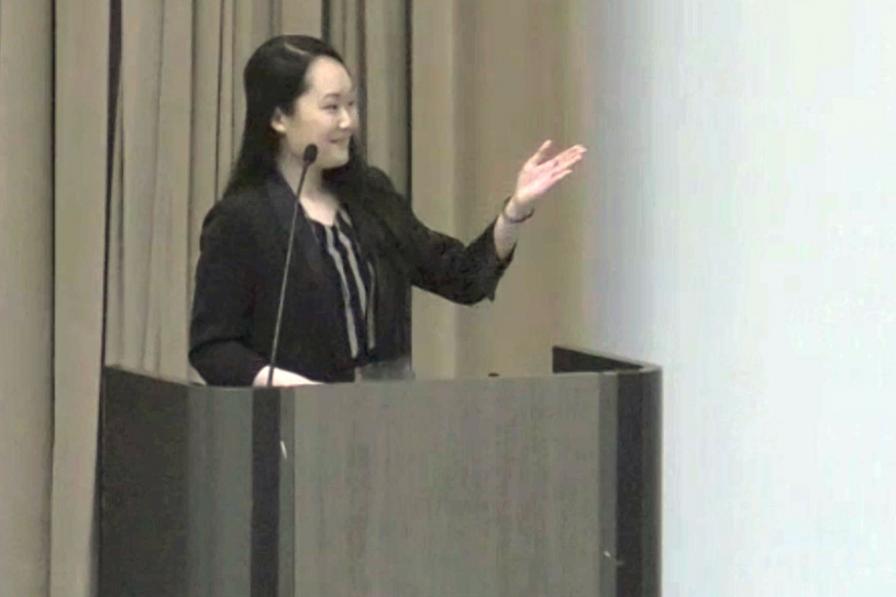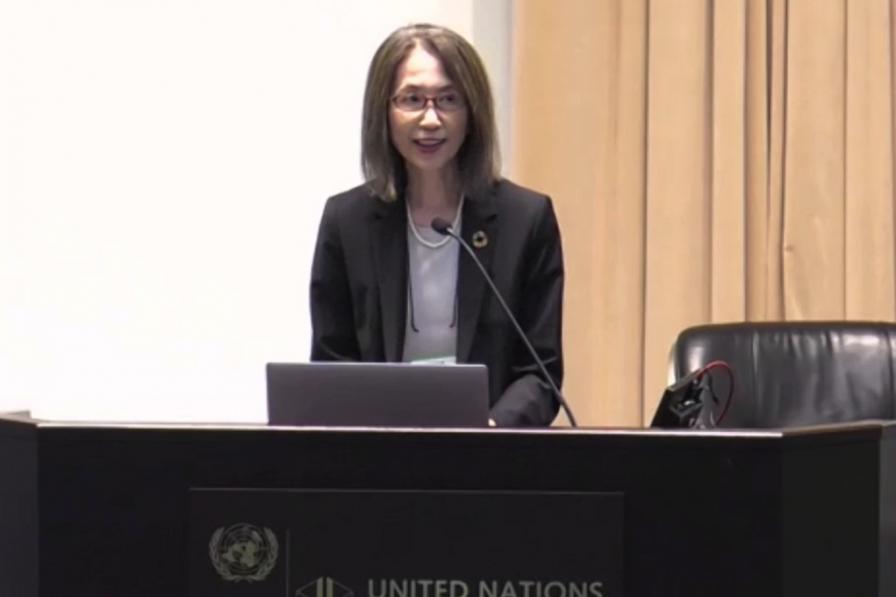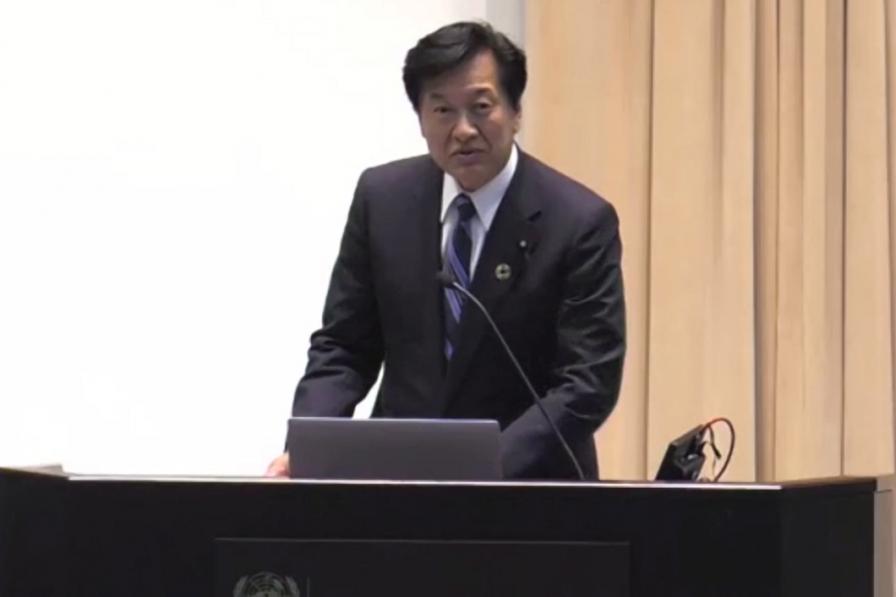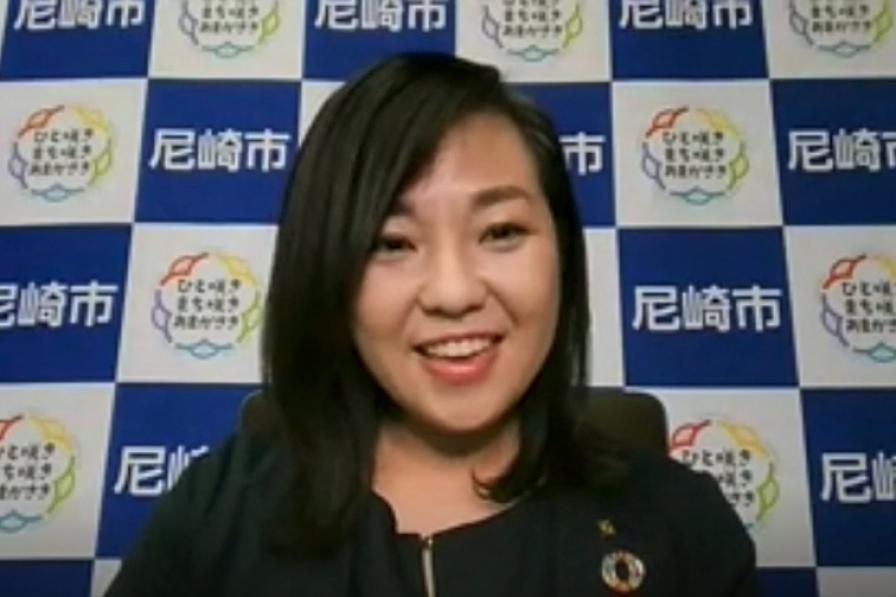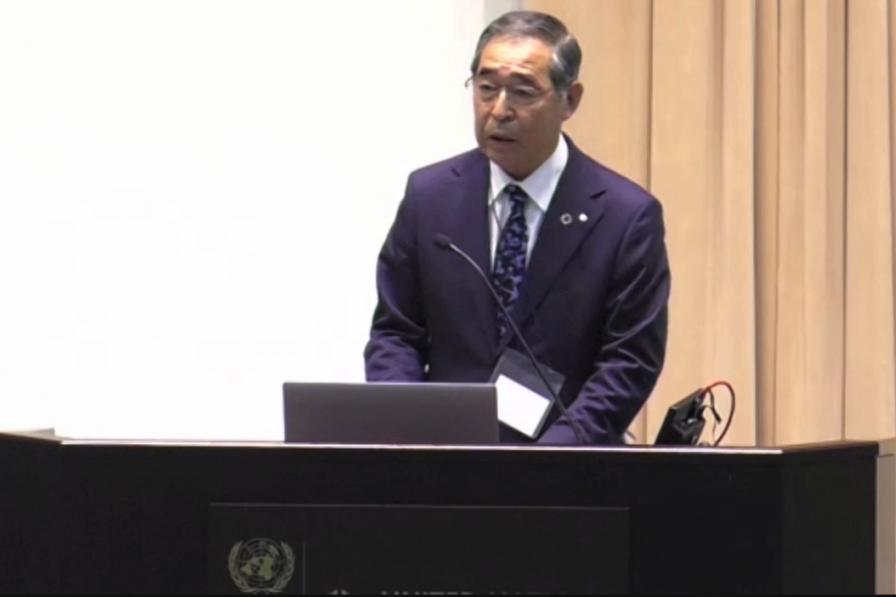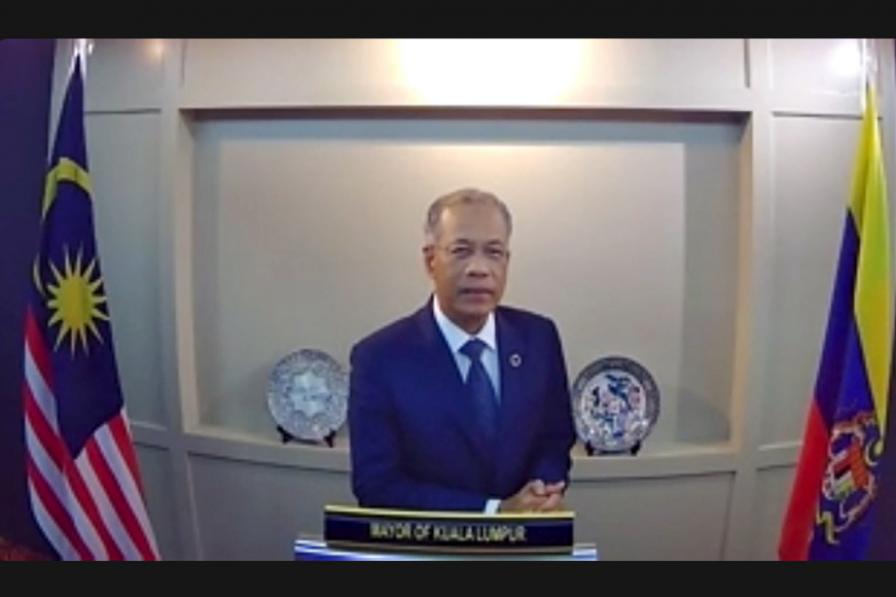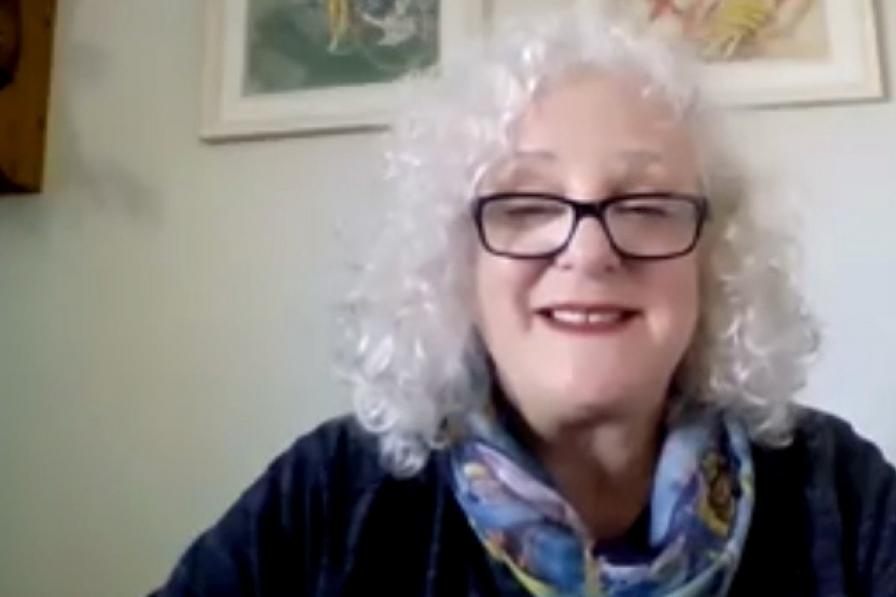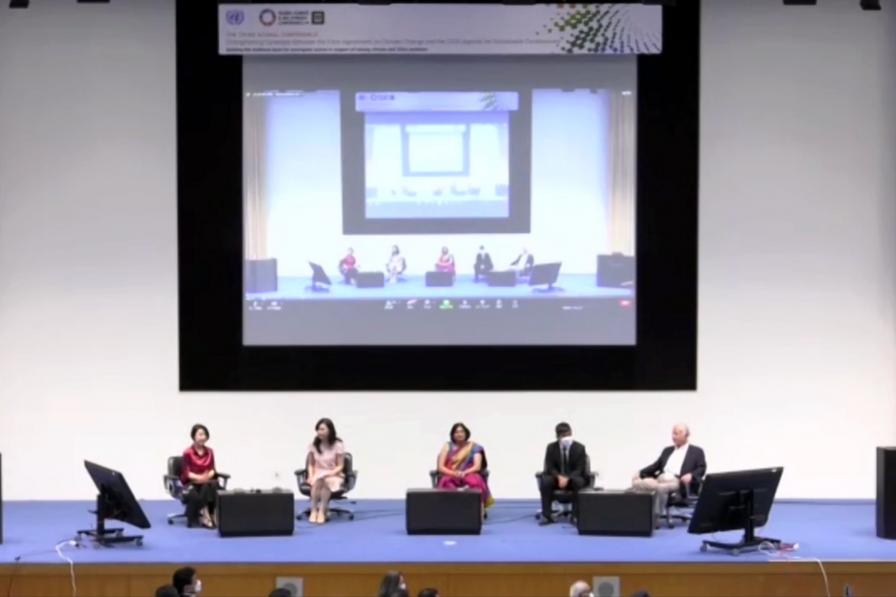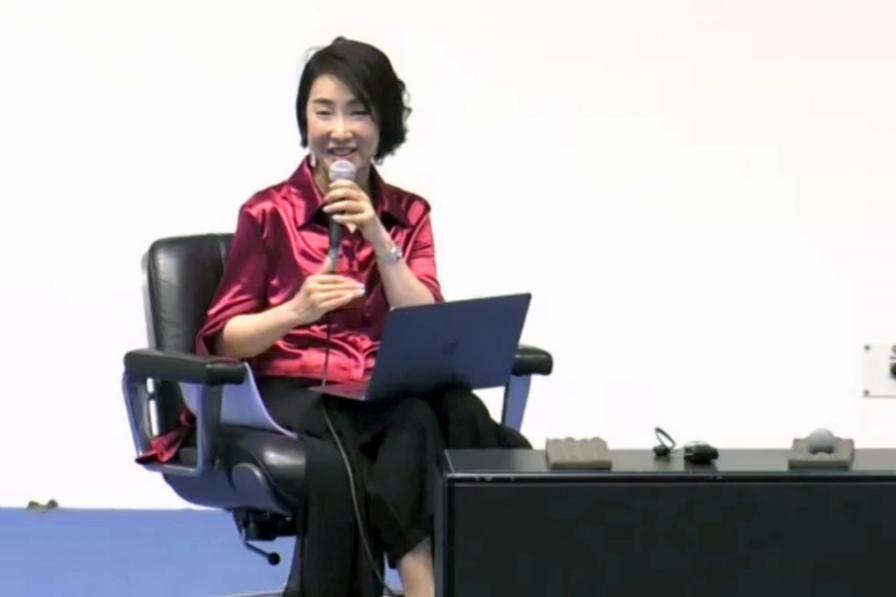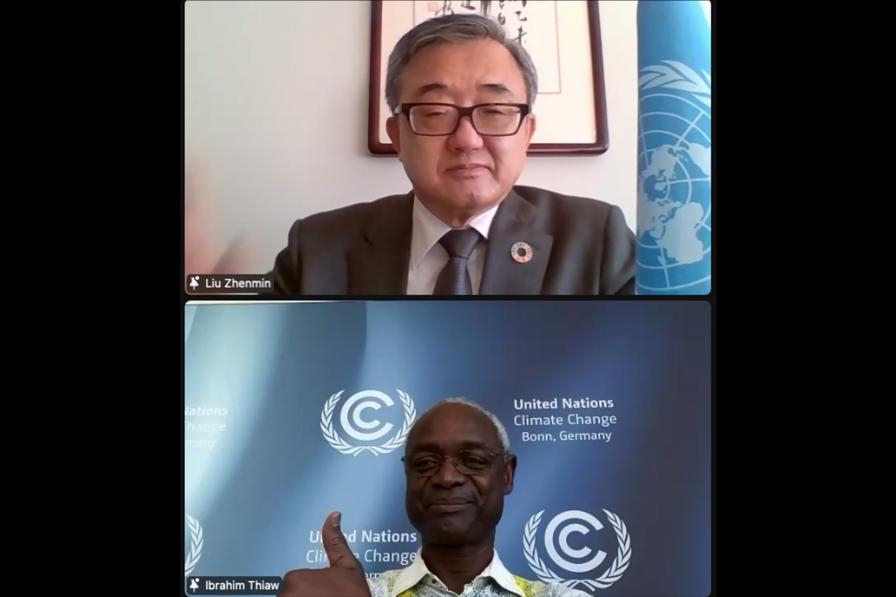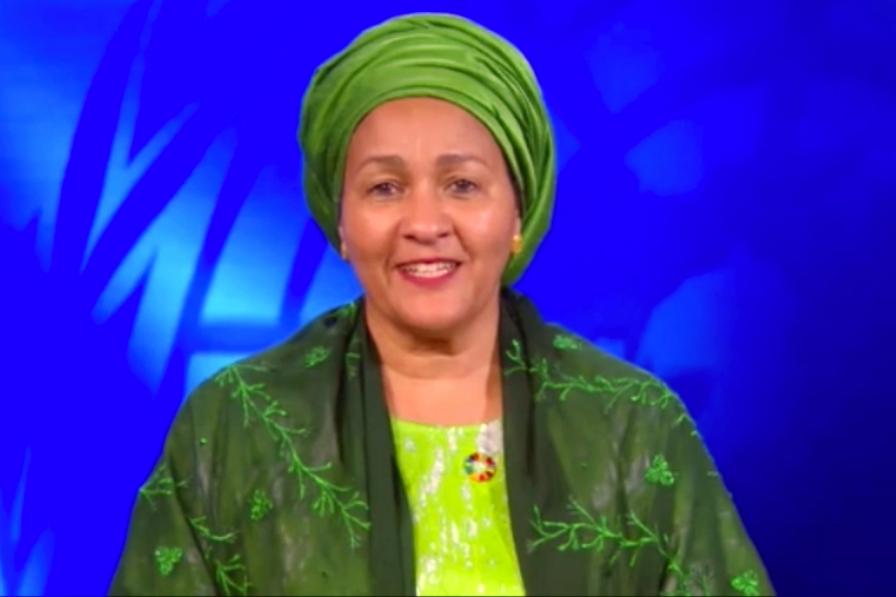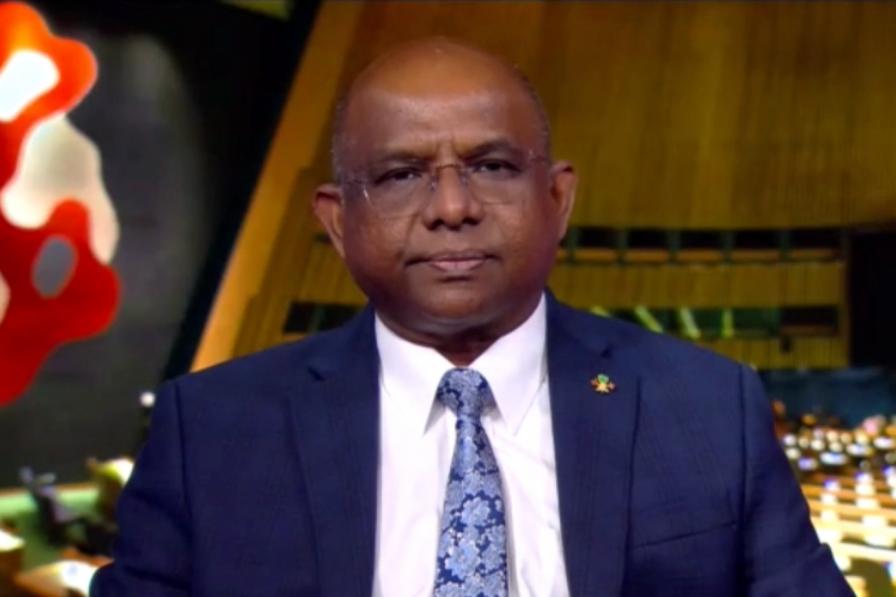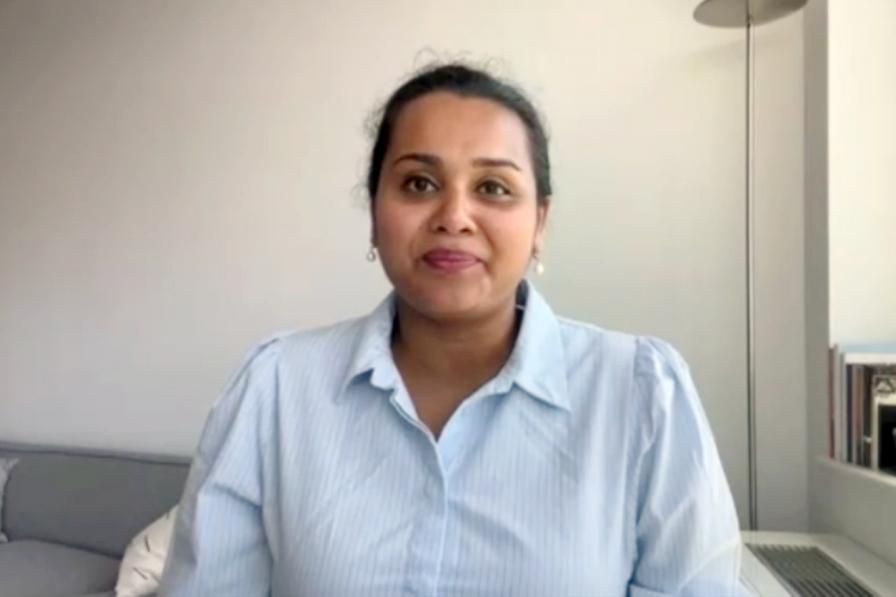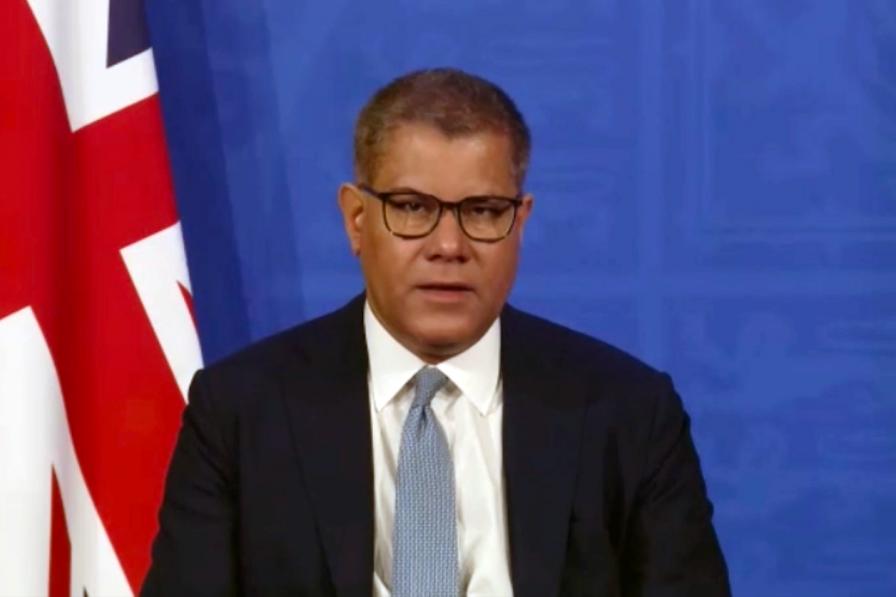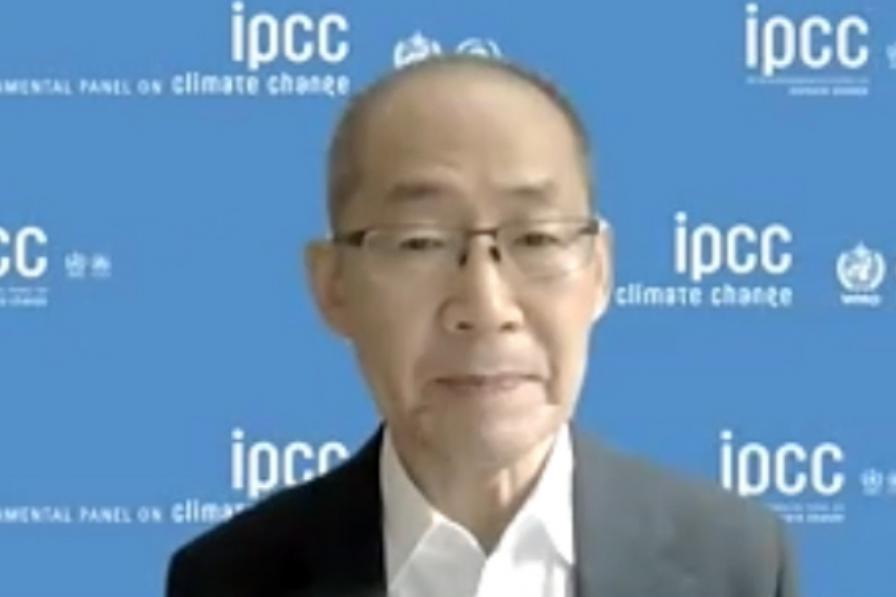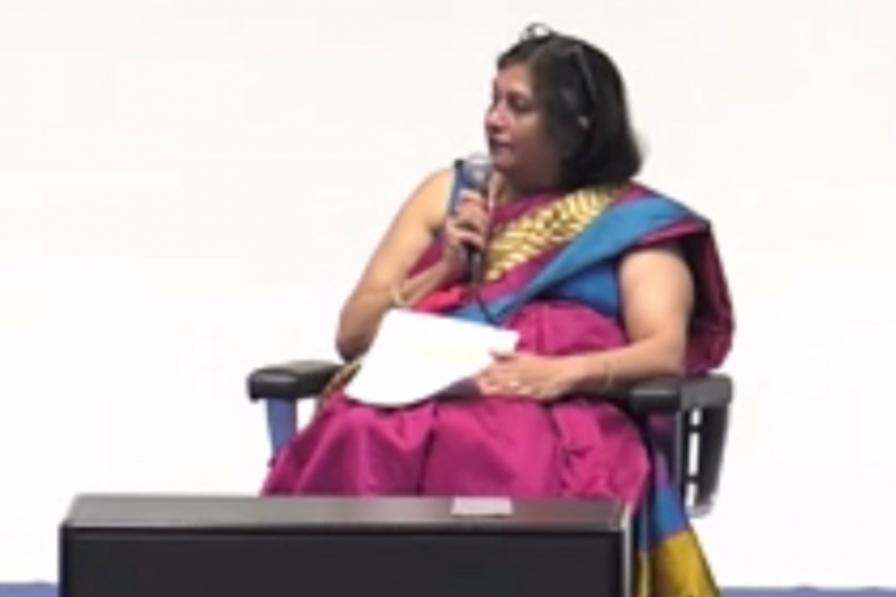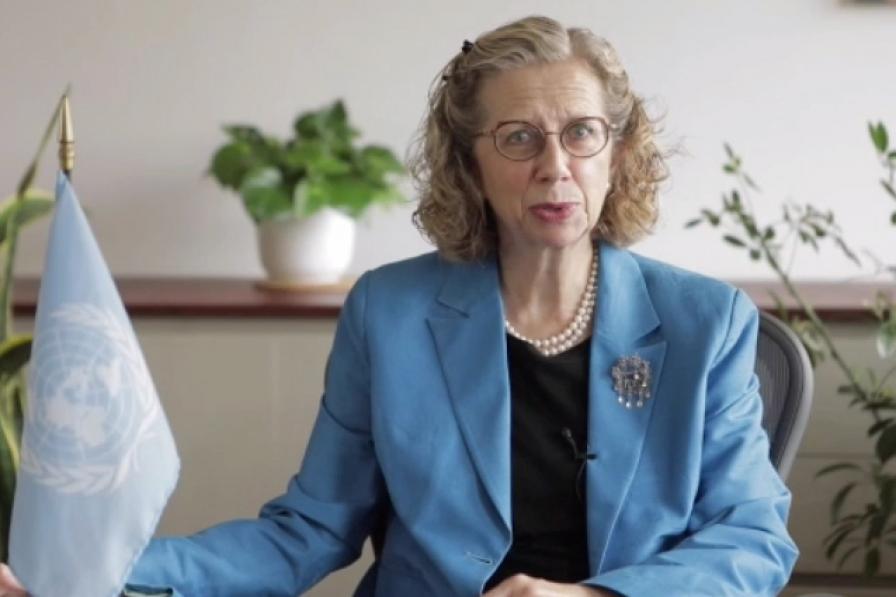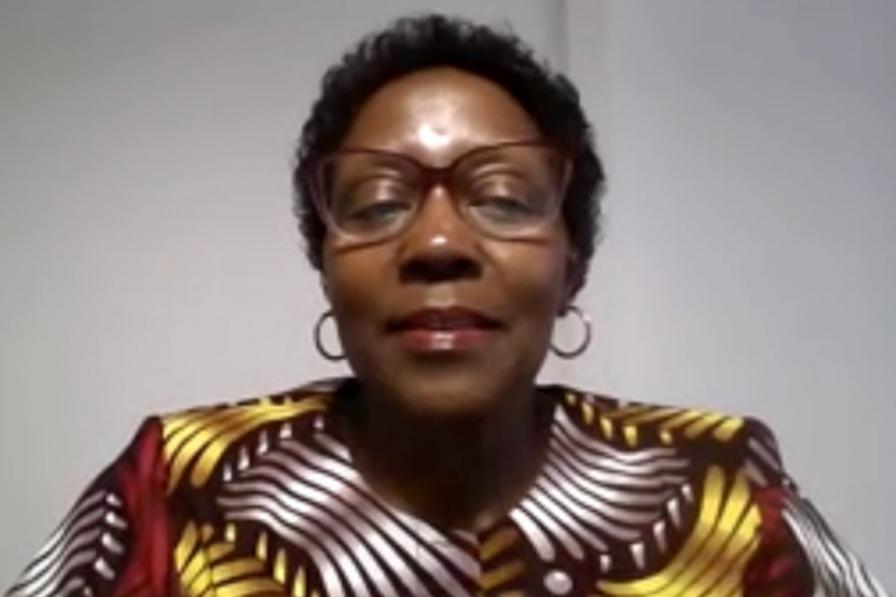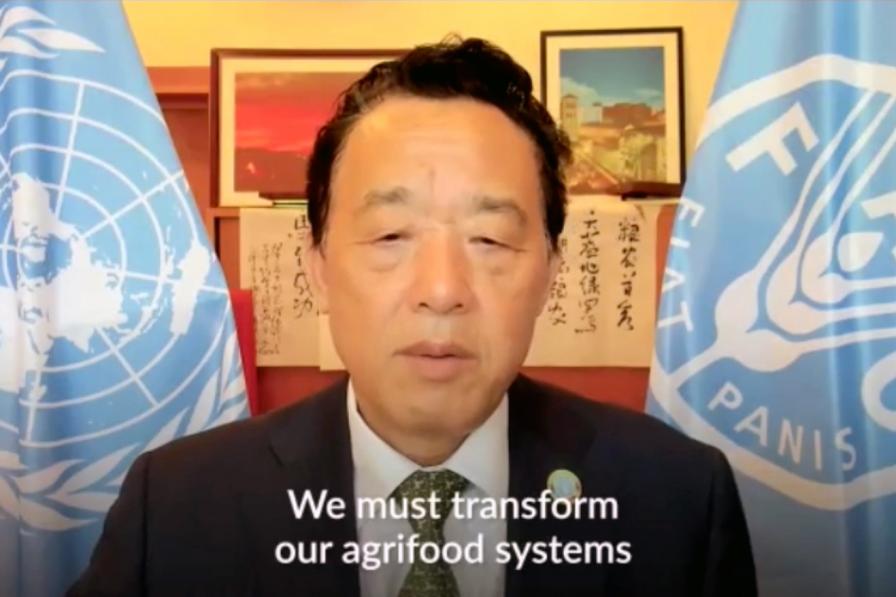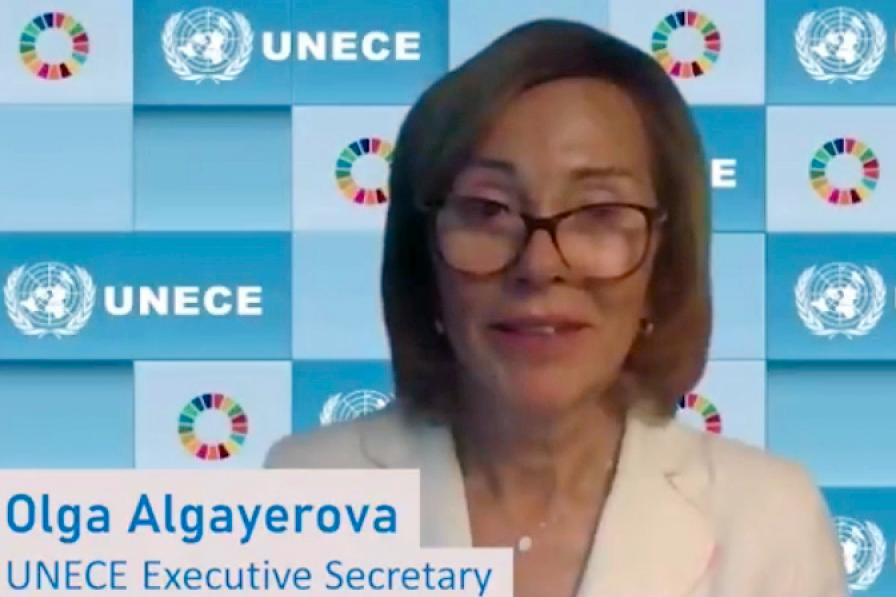Emphasizing the depth of challenges the world now faces, this conference is taking place ahead of major meetings for climate and biodiversity in 2022, and immediately following the UN High-Level Political Forum on Sustainable Development (HLPF) in New York, which took place earlier in July.
Many speakers called for urgent action if the world is to avoid the catastrophic impacts of climate change and at the same time achieve the Sustainable Development Goals (SDGs) by 2030. The Institute for Global Environmental Strategies (IGES) reminded all that the Asia-Pacific region is likely to achieve only 10% of the SDG targets by 2030, and the international community as a whole is only on track to meet the SDGs by 2065 — more than a generation after the agreed deadline. Many also noted, however, that the world will not remain static. Several speakers highlighted the unusually hot conditions in Western Europe this week, drawing the link to climate change. The Food and Agriculture Organization of the United Nations (FAO) reminded all of the specter of increased food insecurity, as the COVID-19 pandemic has pushed an additional 150 million more people into extreme poverty.
Accordingly, speakers focused on practical measures and financing that will move the needle towards achievement on the scale that is required, calling for “practical and courageous” steps.
Japan, host of the conference and current G7 President, announced a new goal of raising USD 15 billion through the G7 for decarbonization efforts. Tsuyoshi Yamaguchi, Minister of Environment, stated that Japan’s strengthening of climate action will create “a decarbonization domino” that can extend far beyond its borders. Part of this effort includes issuing “green transition” bonds valued at USD 157 billion.
Liu Zhenmin, UN Under-Secretary-General, UN Department of Economic and Social Affairs (UN DESA), said achieving climate-SDG synergies can yield direct economic gains of USD 26 trillion through 2030. He highlighted the need to invest in renewable technologies to increase jobs and realize the social and economic benefits of clean energy.
Ibrahim Thiaw, Acting Executive Secretary, UN Framework Convention on Climate Change (UNFCCC), emphasized that strengthening synergies will require collaboration among relevant multilateral environment agreements (MEAs), particularly the UNFCCC, the UN Convention to Combat Desertification (UNCCD), and UN Convention on Biological Diversity (CBD).
Many high-level speakers delivered special messages. Amina J. Mohammed, UN Deputy Secretary-General and Chair of the UN Sustainable Development Group, highlighted that 2022 marks the seventh anniversary of both the 2030 Agenda on Sustainable Development and the Paris Agreement on climate change. She said climate resilience requires digital connectivity to spur economic growth, and urged speeding up technologies and maintaining a sense of urgency to realize the SDGs.
Abdulla Shahid (Maldives), President of the 76th session of the UN General Assembly (UNGA), called for addressing bottlenecks hampering successful intergovernmental negotiations by using the SDGs as “a common binding thread” for all joint environmental actions.
Representatives of business, youth, municipal authorities, and civil society groups also addressed the audience present in Tokyo and online. Many highlighted practical actions they have taken to address both climate and sustainable development needs in their areas.
Kazumi Inamura, Mayor, Amagasaki City, Japan, discussed the city’s efforts to create a zero-carbon park for the city’s popular baseball team. Mitsugi Takenaka, Mayor, Kamishihoro Town, Japan, recounted how his small town has used livestock waste to generate power since 2019 and, more recently, has promoted solar power generation, the use of electric vehicles, and other decarbonization efforts.
Jayathama Wickramanayake, UN Secretary-General’s Envoy on Youth, called on governments to enable youth involvement in the formation and implementation of actions, and to create spaces for amplifying youth voices in climate-SDGs synergies.
To receive free coverage of global environmental events delivered to your inbox, subscribe to the ENB Update newsletter.
Multi-stakeholder Session
Welcome Ceremony
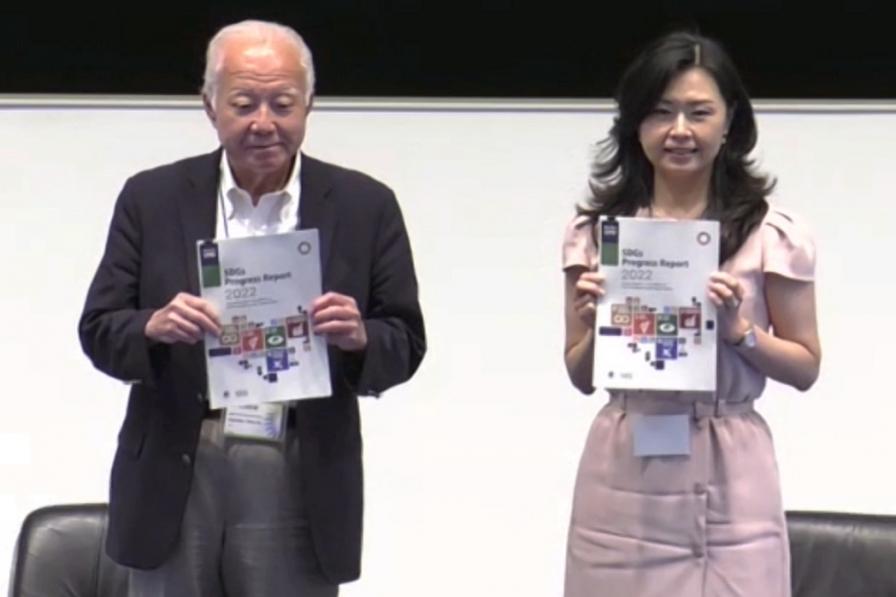
Kazuhiko Takeuchi, President of IGES, and Sandra Wu, Chairperson and CEO, Kokusai Kogyo Co. Ltd., during the launch of the SDGs Progress Report 2022 - Survey Results on the Efforts of Global Compact Network Japan Companies and Organisations

Tomoyoshi Kakushin, Distinguished Biwa Player, delivered a traditional Japanese music and cultural performance.
